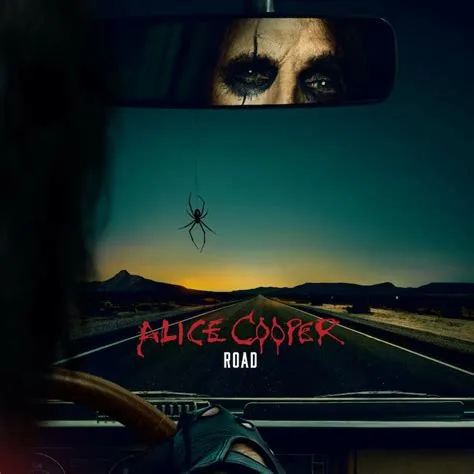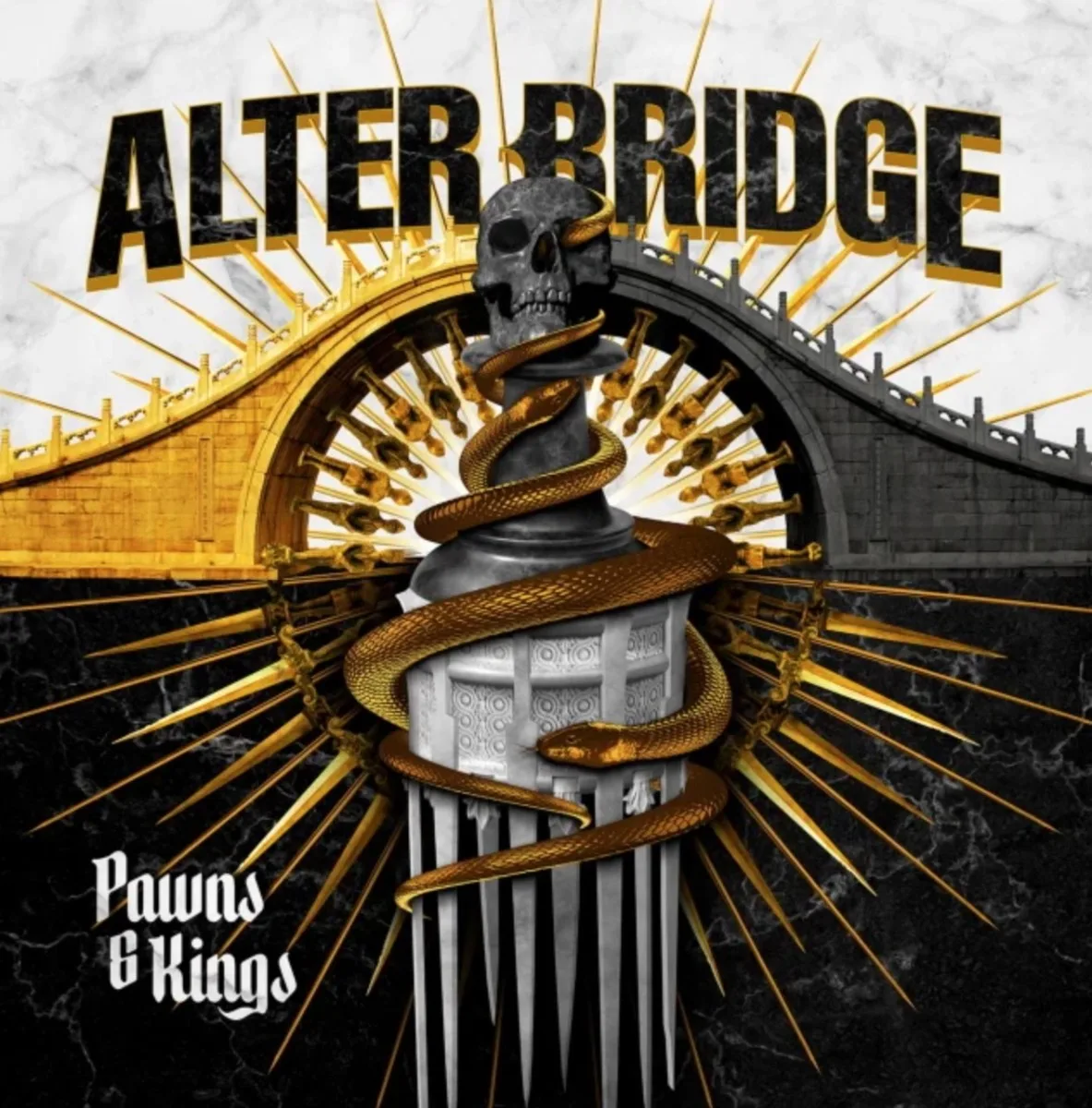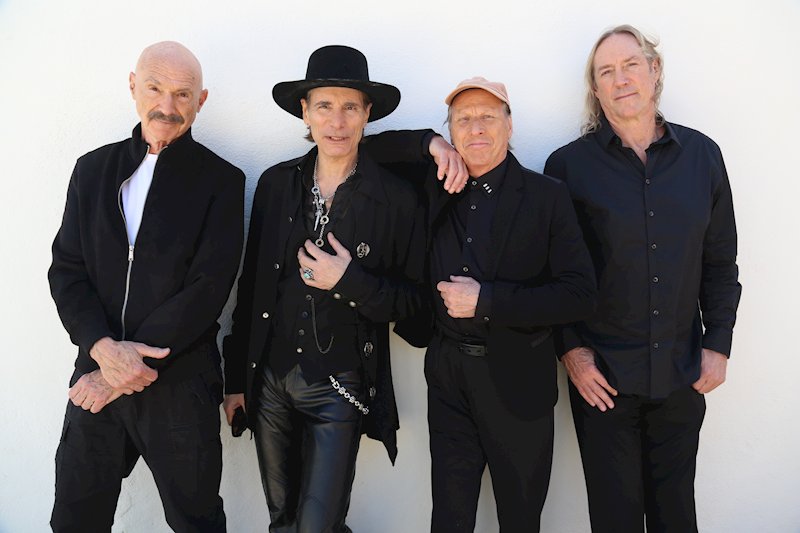PHOTO CREDIT: Jimmy Fontaine
Three years after Back From the Dead, Halestorm return with their sixth studio album Everest (Atlantic Records), a record that lives up to its towering name. Produced by Dave Cobb, better known for his work in country, the album takes Halestorm’s trademark hard rock and heavy metal foundation and stretches it into unexpected territory—soul, cinematic ballads, and even thrash-inspired chaos—without ever losing the raw intensity that defines the band.
From the opening notes of “Fallen Star”, Everest sets a mood that’s both triumphant and bruised, weaving Lzzy Hale’s powerhouse vocals with lyrics rooted in recovery, identity, and resilience.
Scaling the Summit
The title track, “Everest”, is a centerpiece in every sense—an anthem of survival where Hale leans into the storm, her voice balancing grit and vulnerability over a soaring arrangement. It’s one of the most ambitious songs Halestorm have written, pairing emotional honesty with a stadium-ready chorus that feels destined to echo back from festival crowds.
“Darkness Always Wins”, another early single, pulls the band into darker, gothic territory. Built around shadowy riffs and an anthemic chorus, it reflects the cyclical nature of self-doubt and redemption. Arejay Hale’s drumming drives the song forward while Joe Hottinger’s guitar solo slices through the gloom with cathartic firepower.
On “Like a Woman Can”, Hale flips the script with a sensual yet defiant exploration of bisexuality and intimacy. It’s melodic, confessional, and radio-ready, showcasing Halestorm’s ability to balance vulnerability with an unapologetic edge.
The fiercest moment comes with “Rain Your Blood On Me”, a blistering feminist battle cry that blends venomous imagery with righteous fury. From its venomous chants of “Hey, hey” to a searing bridge that dismantles expectations placed on women, it’s Halestorm at their most uncompromising and politically charged.
Beyond the Familiar
Elsewhere, Halestorm stretch their sound in surprising ways. “K-I-L-L-I-N-G” borders on thrash, while “Broken Doll” pares things back to something more delicate and fragile. The closing track, “How Will You Remember Me?”, co-produced by Joe Hottinger, offers a reflective comedown that lingers long after the storm has passed.
Cobb’s production gives the album a looser, more live-in feel than past Halestorm records. Instead of polishing every edge, the band sounds like they’re chasing sparks in the studio, unfiltered force colliding with emotional weight.
The Verdict
Everest is Halestorm’s boldest climb yet: emotional, unfiltered, and genre-bending without losing the band’s hard rock identity. Fans expecting straightforward anthems will still find plenty to scream along to, but the record’s true power lies in its risks—the way it blends chaos and beauty, ferocity and fragility.
It’s an album about survival, about reaching the summit not because it’s easy, but because there’s no other choice. And for Halestorm, Everest feels like both a personal reckoning and a triumphant new peak.

I’m Drew, the founder and editor of Front of the Stage. I have a strong love for music and photography, which started at a very young age. There’s just something I love about experiencing live music and capturing memories that will last a lifetime, and that’s how Front of the Stage came to be.





